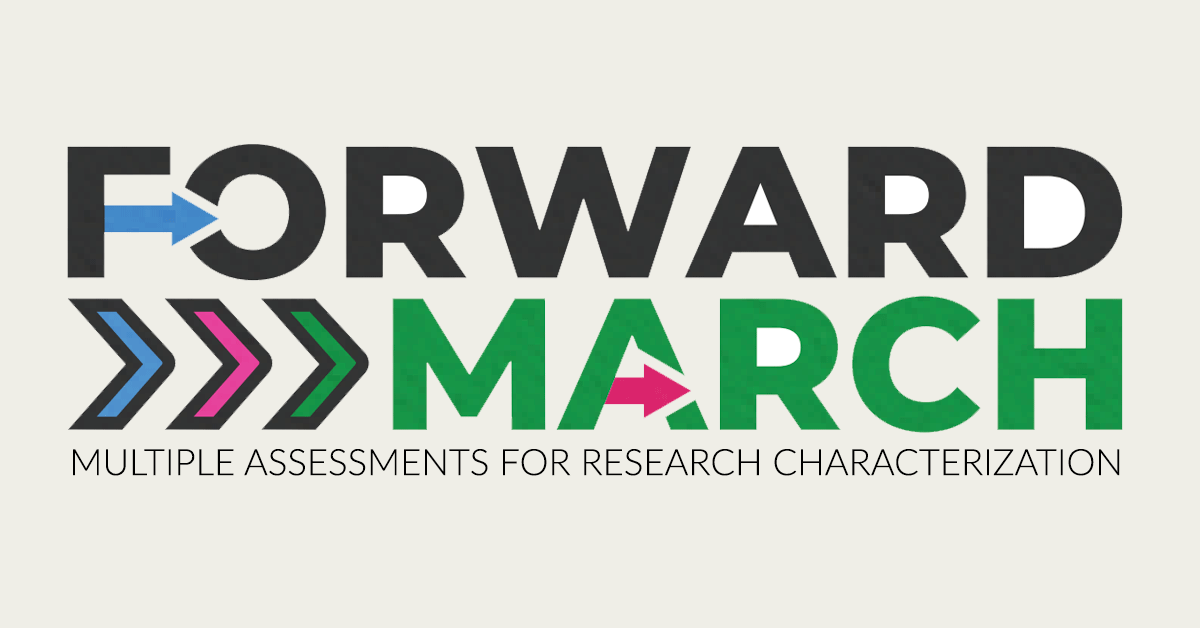Authors: Arezoo Movaghar, David Page, Danielle Scholze, Jinkuk Hong, Leann Smith DaWalt, Finn Kuusisto, Ron Stewart, Murray Brilliant & Marsha Mailick
Artificial intelligence–assisted phenotype discovery of fragile X syndrome in a population-based sample
Summary
Researchers from the Waisman Center at the University of Wisconsin–Madison found that people with Fragile X syndrome (FXS) are more likely than the general population to also have additional diagnoses for a variety of other disorders.
This study used machine learning to examine the health records of 1.7 million Wisconsin patients collected over 40 years. The hope was that the machine learning algorithms could help identify undiagnosed cases of FXS based on patterns among the various health conditions. Machine learning is a form of artificial intelligence (AI) that uses computers to quickly and efficiently examine large amounts of data. It would be impossible to review that much data without the efficiency of machine learning.
While there are many different symptoms of Fragile X, and we know that each person with Fragile X is different, the AI-model was able to predict an FXS diagnosis by evaluating the data in the health record five years earlier than the time that individual received their FXS diagnosis. Common symptoms in these individuals included developmental delay, speech and language disorders, attention deficit hyperactivity disorder, anxiety disorder, and intellectual disability.
In addition to assessing common symptoms, the model was able to capture other health risks associated with Fragile X outside of the common co-occurring conditions like autism spectrum disorder or epilepsy (seizures). For example, the researchers found a number of heart-related co-occurring conditions. Other associated conditions included a variety of circulatory (heart valve disorders), digestive (intestinal trouble, irritable bowel syndrome), metabolic (weight gain, short stature), and genital and urinary disorders (urinary incontinence). This information can help families understand and advocate for regular screening and quality health care for these conditions.
Why This Matters
Although children with FXS often receive their diagnosis between 3 and 5 years of age, many do not. This study is important for the later-diagnosed individuals by creating successful predictive models that can identify cases five years earlier than clinical diagnosis.
This algorithm could significantly impact clinical care by alerting clinicians to the risk of Fragile X and reduce time to diagnosis and treatment. It also shows possible risks of other health conditions. Leveraging machine learning in health care may help families receive and learn more about their diagnoses more quickly. Learning more quickly will help researchers and clinicians identify and treat individuals with FXS and improve quality of life for individuals and families living with FXS. Because Fragile X is a family of disorders, more efficient diagnosis can lead to better overall outcomes for the entire family.
Next Steps
The study team is interested in using their AI-model in different health systems to confirm their findings. The study team would like to utilize a more representative population both in ethnic and gender diversity in order to better their model.





